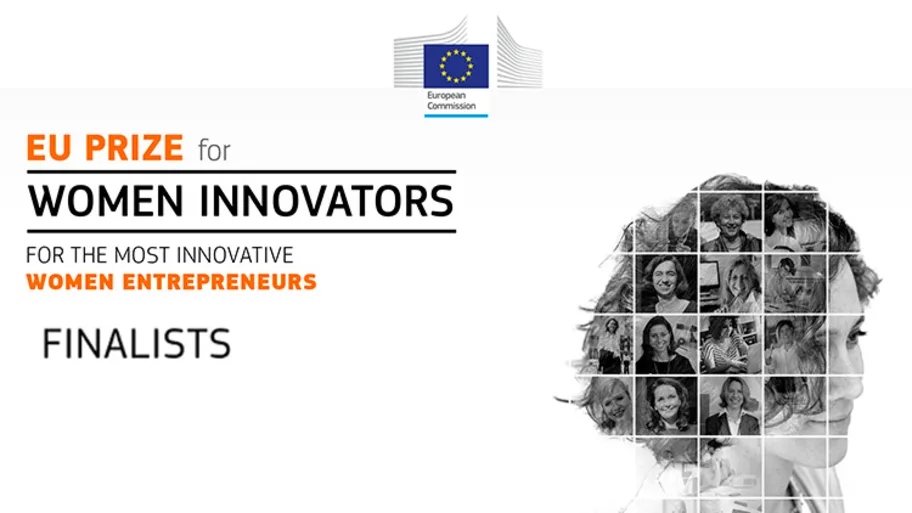
- Science news
- Open science and peer review
- Open Access: the time is now, the place is Europe!
Open Access: the time is now, the place is Europe!

“The days of high and expensive paywalls are over!” declares Robert-Jan Smits at ESOF 2018, where he provided some hints about the imminent “Plan S”.
From open access to open science
Robert-Jan Smits (European Commission Envoy for Open Science) was joined on stage by fellow speakers Yuko Harayama (CSTI, Japan), Kamila Markram (CEO, Frontiers,) and Koen Vermeir (CNRS, France) in a session entitled “Opening Up Open Science: Innovations Ideas, and Possibilities,” expertly moderated by Eric Meslin (President/CEO of the Council of Canadian Academies).
Dr Yuko Harayama declared that we must move from Open Science slogans toward concrete, new ways of doing science. “I am advocating for making Open Science a practice. We need to explore a new way of doing science – improving every day through trial and error, together.”
OA journals now outperform subscription journals
Frontiers co-founder and CEO, Dr Kamila Markram, presented new data which show that OA journals, in many cases now outperform subscription journals on citations. Overall, OA journals had 2.9 citations per article in 2015–2017 compared with 2.7 for subscriptions journals. Across the portfolios of publishers such as Oxford University Press, Springer-Nature and American Physical Society, OA journals received more citations on average than their subscription-based stablemates.

Figure 1. Average citations per paper over a three-year window (2015-17) for top 20 largest publishers in 2017 in SCImago (2018) split into subscription journals (grey) and open-access journals (red).
With an average citation rate of 3.65 per article, Frontiers — a pure gold OA publisher — is currently the fourth-most cited publisher in the world and the #1 most cited multidisciplinary publisher. PLOS and MDPI are also among the top 10, underlining the breadth of quality and impact in OA publishing. Among individual journals, the three most-cited multidisciplinary journals in the world in 2017 were all OA journals — and these generated twice as many citations as Nature, Science and PNAS combined.
“The data show that more science is now being built on OA journals than on subscription journals,” Dr Markram concluded.
Dr Markram also highlighted the landmark, fully transparent national OA agreements recently made between Frontiers and universities in Austria and Sweden. Transparency in such agreements is key to self-regulate prices and ensure fair a marketplace in scholarly publishing, she argued.
Nurturing Open Science
“Open Science must be nurtured” observed Professor Koen Vermeir, speaking on behalf of the Global Young Academy. He argued that policies must support good Open Science and be embedded in a supportive research culture — one in which collaboration is valued, credit is distributed appropriately, and researchers are evaluated transparently using open metrics.
Accelerating the Open Science transition in Europe: Plan ‘S’
Delivering full and immediate OA to scientific publications is among the European Commission’s priorities in making Open Science a reality, together with the establishment of safe havens for data sharing via the European Open Science Cloud, support for text and data mining, and fostering greater public involvement (i.e. citizen science).
This was the message from Robert-Jan Smits, based at the European Political Strategy Centre, and who has recently been tasked by EC President Juncker to help ensure Europe achieves the aim for full and immediate OA to publicly funded research articles by 2020.
To this end, he intends to publish a roadmap on open access for the European Commission — ‘Plan S’ — which aims to accelerate the OA transition, via the creation of a strong coalition of research funders. Researchers supported by European funding bodies should publish their results in high-quality OA journals or platforms.
The importance of a rapid transition to full, immediate OA is underscored by the €8 billion paid each year globally for subscriptions to access the results of publicly-funded research, a model that leaves most of society without access.
To date, progress toward has been slow, and Europe will not achieve its aim until the 2030s, according to Mr Smits, unless it takes “rapid and robust” action now.






